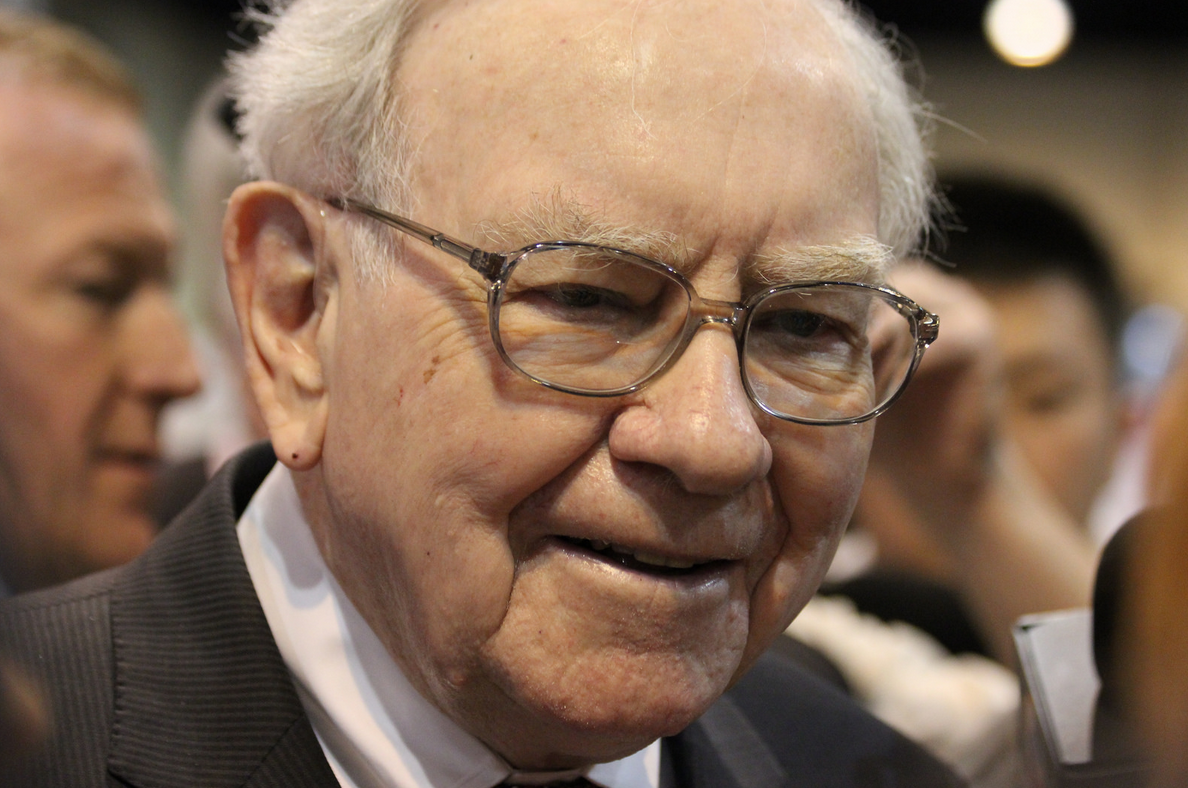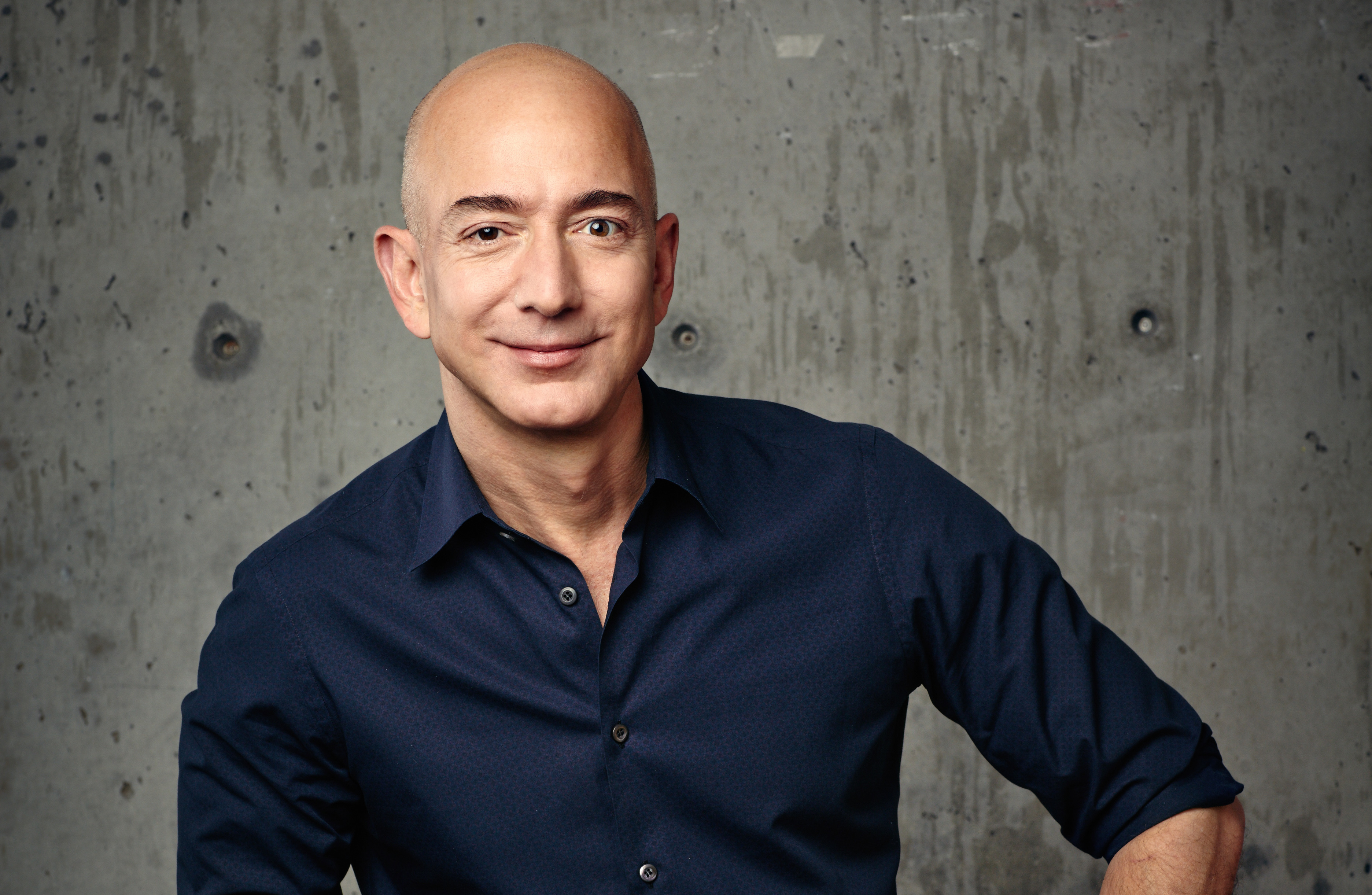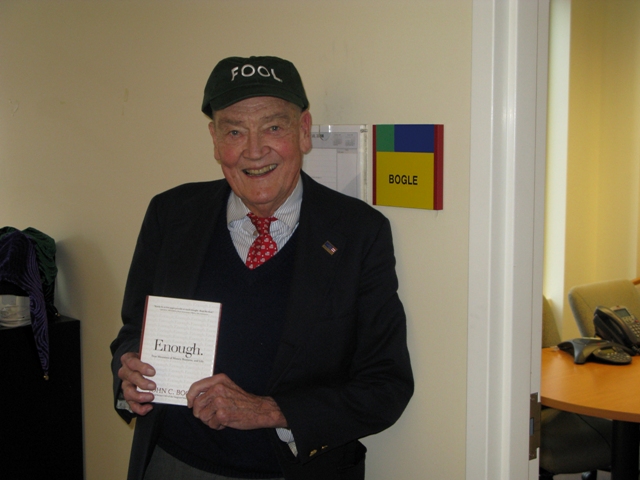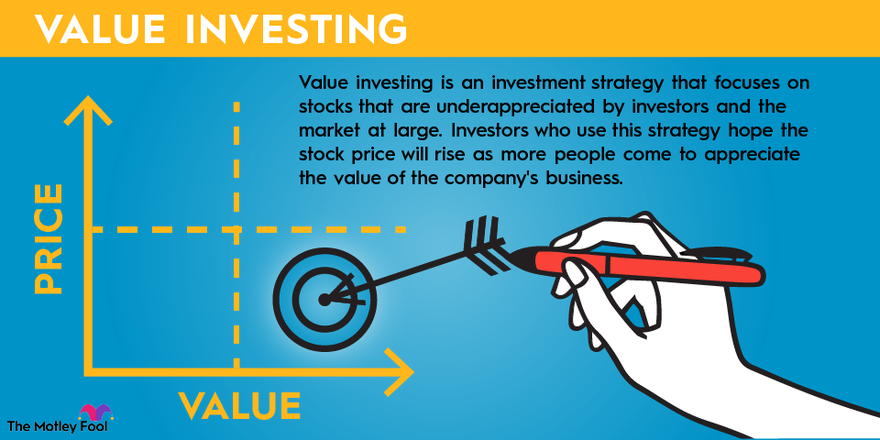Peter Lynch is often considered the best mutual fund manager in history. He is a legendary investor often mentioned in the same context as Warren Buffett, Benjamin Graham, Charlie Munger, and other billionaires who made their fortunes through the stock market.
In this article, we'll take a look at how Lynch became such a famous investor, some of the key aspects of his investment style, and how you can learn more about Lynch's stock-picking philosophy.

He also employs a combination of growth and value investing, using the latter to find stocks trading at a reasonable value but utilizing growth principles to identify opportunities for rapid business growth. His strategy is often referred to as growth at a reasonable price (GARP).
Growth at a Reasonable Price (GARP)
When it comes to growth investing, Lynch advises investors to determine what "inning of the ball game" a company is in. One example he gives is a big position he opened in McDonald's (MCD +0.11%), which, at the time, was unpopular with many investors, who saw limited room for growth.
However, McDonald's surprised many people as it spent the next two decades building its international footprint. During the 20-year period starting in the mid-1980s, when Lynch invested, McDonald's generated a total return of 3,000% for investors.
One of the more remarkable aspects of Lynch's investment strategy is that, unlike most highly successful investors, Lynch achieved his returns without a concentrated stock portfolio.
For example, Berkshire Hathaway's (BRK.A +0.06%)(BRK.B -0.09%) stock portfolio was worth more than $250 billion as of mid-2025 and is mainly run by Warren Buffett, but it contains fewer than 50 stocks. Not only that, the bulk of the portfolio's assets are concentrated in its five largest positions.
Contrastingly, when Lynch resigned as the manager of the Magellan Fund in 1990, it had more than 1,000 individual stocks in its portfolio. The portfolio was also skewed toward small companies, where Lynch saw lots of growth potential. Still, Ford (F +0.25%), General Electric, and Lowe's (LOW +0.13%) were some of Lynch's most profitable stocks.
Career highlights
Peter Lynch is one of the most highly respected investors of all time, and for good reason. He is widely regarded as the most successful mutual fund manager ever.
From 1977 to 1990, during his career at Fidelity Investments, Lynch managed the firm's Magellan Fund, where he averaged a 29.2% annualized return -- a remarkable level of performance to sustain for 13 years. To put this level of performance into perspective, a $10,000 investment at the time Lynch started managing the fund would have grown to almost $280,000 by the time he left.
Philosophy & legacy
Peter Lynch retired from mutual fund management in 1990 at the age of 46, but he occasionally gives media interviews about the market today. Although he largely stays out of the spotlight, Lynch is vice chairman of Fidelity Management & Research (the investment adviser arm of Fidelity) and dedicates a lot of time to charitable activities, having established the Lynch Foundation with his late wife.
Lynch is also one of the most widely read authors of investing books, with several best-selling books on value investing. His books include:
- One Up on Wall Street
- Beating the Street
- Learn to Earn
He co-wrote the bestseller One Up on Wall Street with John Rothchild in 1989 while running the Fidelity Magellan Fund. The book is a primer on Lynch's investment philosophy and the advantages he feels individual investors have over Wall Street experts.
"The stock market's been the best place to be over the last 10 years, 30 years, 100 years. But if you need money in 1 or 2 years, you shouldn't be buying stocks."
With 1994's Beating the Street, Lynch takes it a step further, providing investors with real-world examples of how he uses his philosophy to pick stocks. Learn to Earn, published the following year, is geared toward newer investors, especially those who are relatively young, and looks at techniques such as reading financial reports.
Related investing topics
Awards, honors, and recognition
Lynch has received a few awards and honors throughout his career. In addition to being a best-selling author, Lynch was inducted into the Junior Achievement U.S. Business Hall of Fame in 1991 and also received the NCEA Seton Award in 1992 for his contributions to the advancement of Catholic education.
























